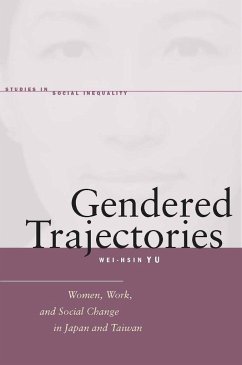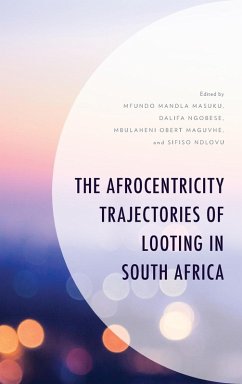
Trajectories of Authoritarianism in Rwanda
Versandkostenfrei!
Versandfertig in über 4 Wochen
114,99 €
inkl. MwSt.
Weitere Ausgaben:

PAYBACK Punkte
57 °P sammeln!
"Challenging assumptions regarding the strength and control of authoritarian governments in Rwanda in the decades before the 1994 genocide, Marie-Eve Desrosiers uses original archival data and interviews to highlight the complex relations between authorities, opponents, and society. Through careful, detailed analysis Desrosiers offers a nuanced assessment of the functions and evolution of authoritarianism over time, demonstrating how the governments of Rwanda's first two post-independence Republics (1962- 1990) sought and often struggled to cement their rule. Whilst the deeper, lived realities...
"Challenging assumptions regarding the strength and control of authoritarian governments in Rwanda in the decades before the 1994 genocide, Marie-Eve Desrosiers uses original archival data and interviews to highlight the complex relations between authorities, opponents, and society. Through careful, detailed analysis Desrosiers offers a nuanced assessment of the functions and evolution of authoritarianism over time, demonstrating how the governments of Rwanda's first two post-independence Republics (1962- 1990) sought and often struggled to cement their rule. Whilst the deeper, lived realities of authoritarianism are generally neglected by multicases comparisons at the heart of comparative authoritarian studies, this illuminating survey highlights the essential, yet subtle authoritarian strategies, patterns, and forms of decay that are too often overlooked when addressing authoritarian contexts"--














